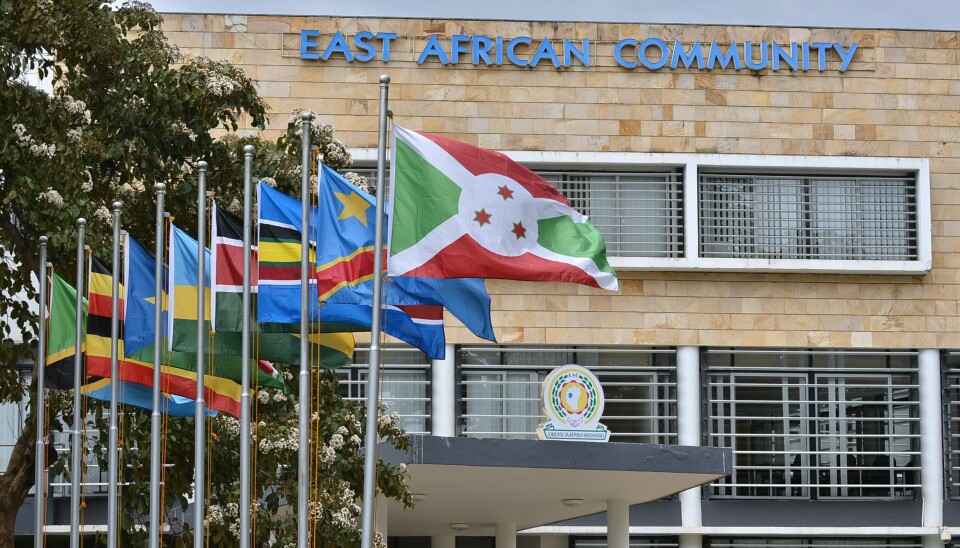By ruling that it has jurisdiction to hear an appeal by former Nairobi Governor Mike Sonko, the regional court disregarded a decision by the Kenyan apex court which declared that its decisions are final and cannot be challenged in another court.
“The applicant has demonstrated that the Supreme Court could have failed to adhere to its own procedural rules, which if proved, would be in violation of Article 25 of the Constitution of Kenya and Articles 6 and 7 of East Africa Community Treaty. The questions raised are serious and merit a full hearing on their substance,” ruled the EACJ.
The regional court, which oversees the eight partner states that form the East Africa Community, stated that Sonko would suffer irreparable loss if his claims of violation of his rights to fair trial, including barring him from holding any public office, are not heard and determined.
In June, the Supreme Court declared that its judgments cannot be subjected to review by the EACJ and that any findings made against its decisions by the regional court would have no legal consequences in Kenya.
According to the apex court, EACJ does not have appellate jurisdiction to review or overturn its decisions in matters concerning interpretation and application of Kenya’s Constitution, since the Supreme Court is the final judicial authority in determining legal disputes.
Sonko was impeached by the Nairobi City County Assembly over claims of misconduct, abuse of office and gross violation of the constitution. He challenged his ouster, but the Supreme Court affirmed the impeachment and barred him from contesting any political seat or holding public office.
The ex-governor then filed the case before the East African court, arguing that the Supreme Court violated his rights to fair trial. He claimed that the apex court determined his case in a manner that violated the rule of law, natural justice and principles of transparency.
In response to the application, Kenya’s Attorney General Dorcas Oduor challenged the EACJ’s jurisdiction, stating that it cannot review or overturn decisions by courts within the partner states.
However, the EACJ, presided over by Justice Yahane Masara, ruled that it does have jurisdiction to hear and determine aspects of the application that allegedly breached the East African Community (EAC) Treaty, which Kenya has domesticated as law.
“The applicant has demonstrated that he would suffer irreparable harm if the orders sought are not granted. The impact on his political rights, reputation and capacity to engage in public services underscores the irreparable nature of the harm he faces,” the court ruled.
According to the EACJ, the petition raised substantial questions on breaches of Article 25 of the Kenyan Constitution, and Articles 6 and 7 of the EAC Treaty which justifies the court’s intervention.
Article 25 of Kenya’s Constitution guarantees the right to a fair trial, while Articles 6 and 7 of the EAC Treaty provide for good governance, rule of law and justice among the eight member states.

